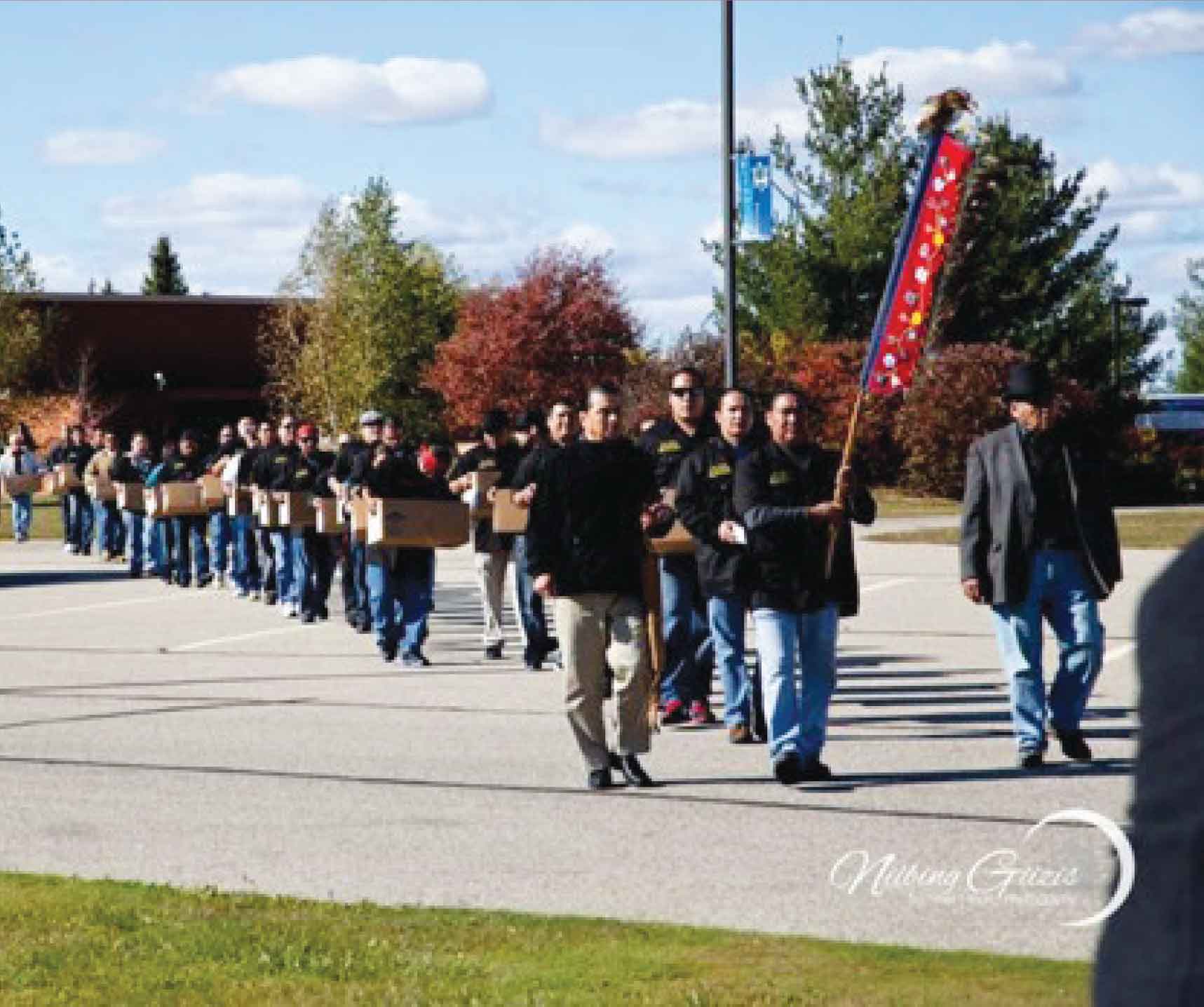Honoring Our Ancestors: Understanding the Importance of the Native American Graves Protection and Repatriation Act
Rockefeller Hall, 200
Many Native American tribes and Native Hawaiian organizations have been working diligently to repatriate their ancestors and restore their basic human dignity through reburial. The Native American Graves Protection and Repatriation Act (NAGPRA) was enacted on November 16, 1990, to address the rights oflineal descendants, Indian tribes, and Native Hawaiian organizations to their human remains and sacred objects. Over 180,000 ancestral human remains have been inventoried by museums, universities, and other national repositories, since the passage of NAGPRA. Only 50,518 of those have been repatriated.
Shannon Martin (Gun Lake Pottawatomi and Lac Courte Oreilles Ojibwe) is the director of the Ziibiwing Center of Anishinabe Culture & Lifeways in Michigan, where she oversees projects ranging from repatriation to language revitalization to artistic expression. She hasparticipated in the Americans for Indian Opportunity Ambassadors Program and was a Ford Foundation Fellow, meeting with indigenous activists and leaders in Bolivia. This winter Shannon and her father participated in the protests against the Dakota Access Pipeline at Standing Rock. Shannon is a member of the Three Fires Midewiwin Society and carries a Second Degree in Midewiwin teachings.
Sponsored by Dean of Faculty, Anthropology, American Studies, History, Philosophy, and the Native American and Indigenous Students Alliance.
